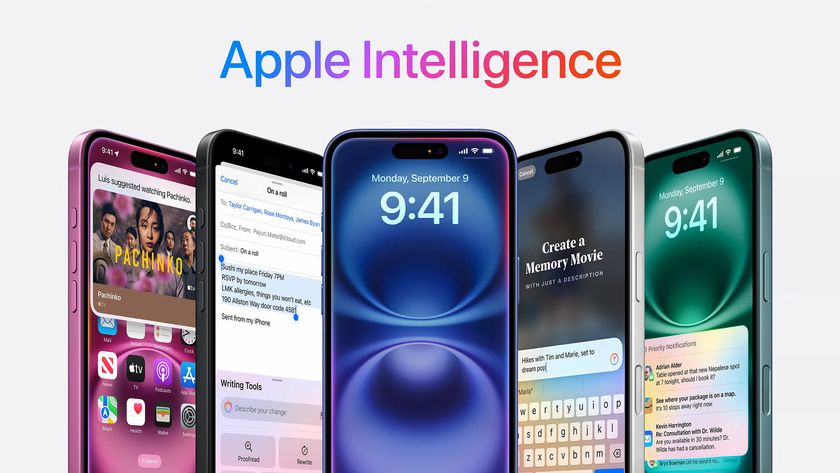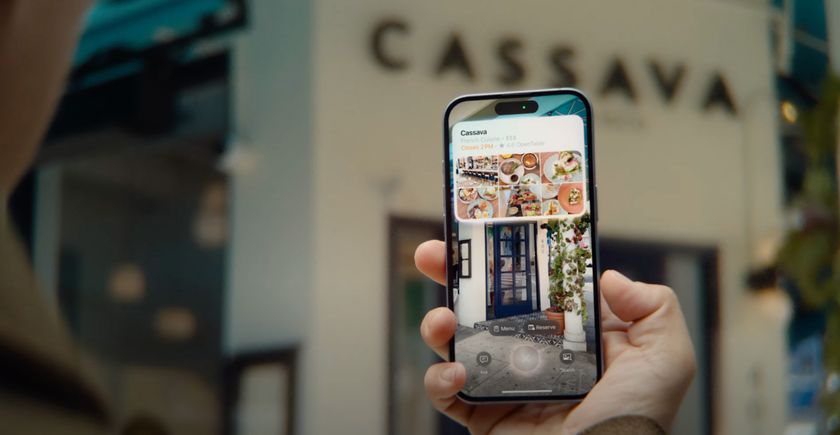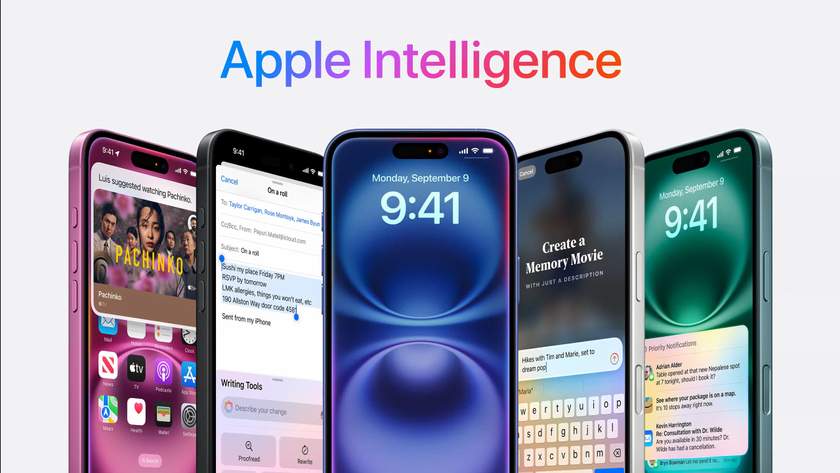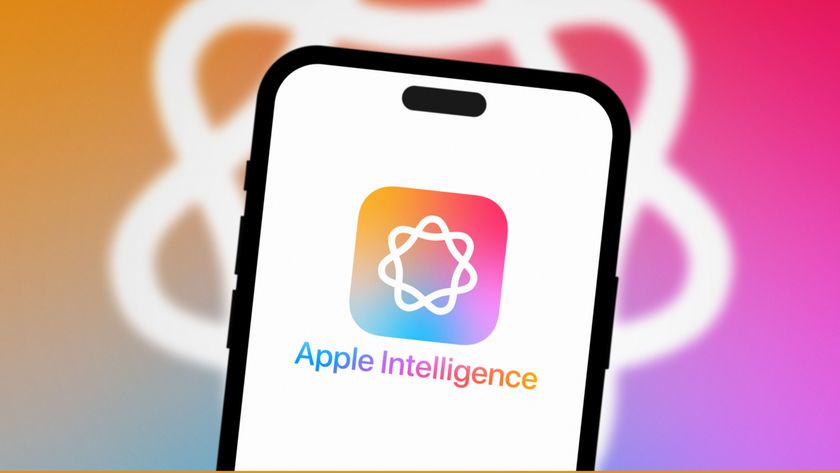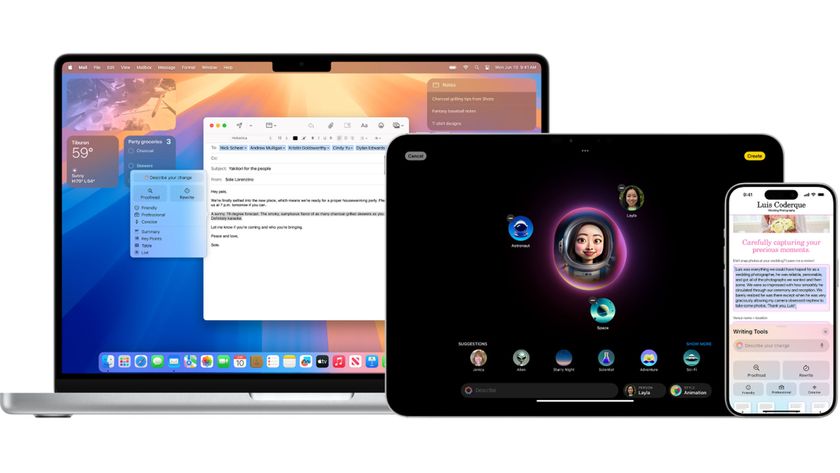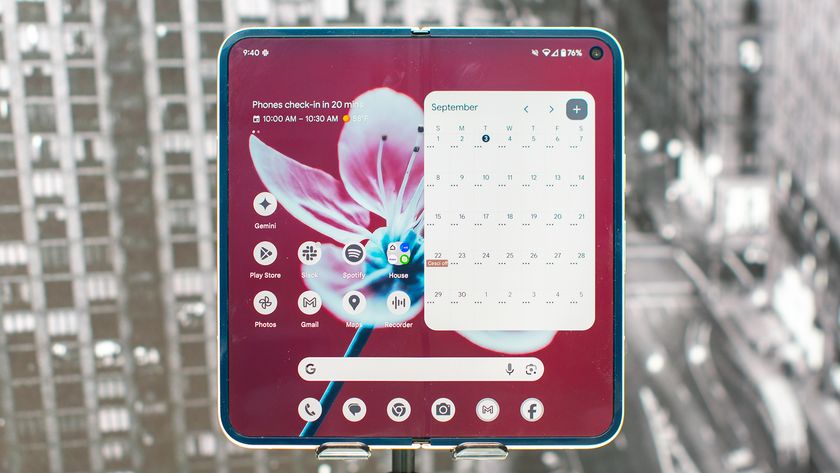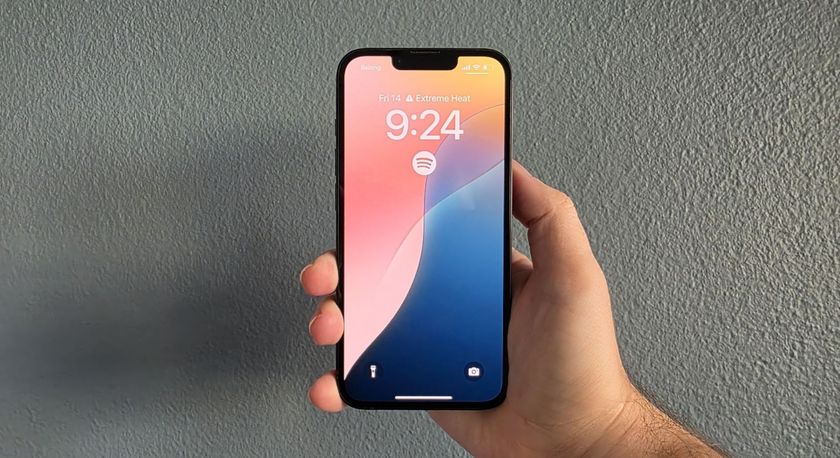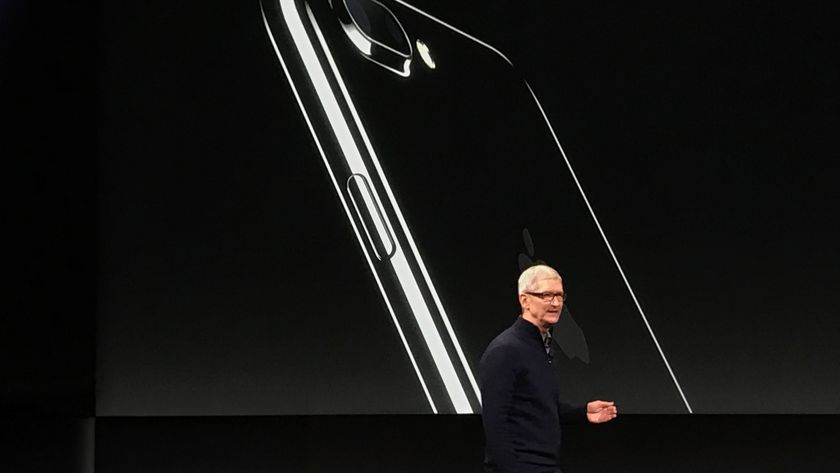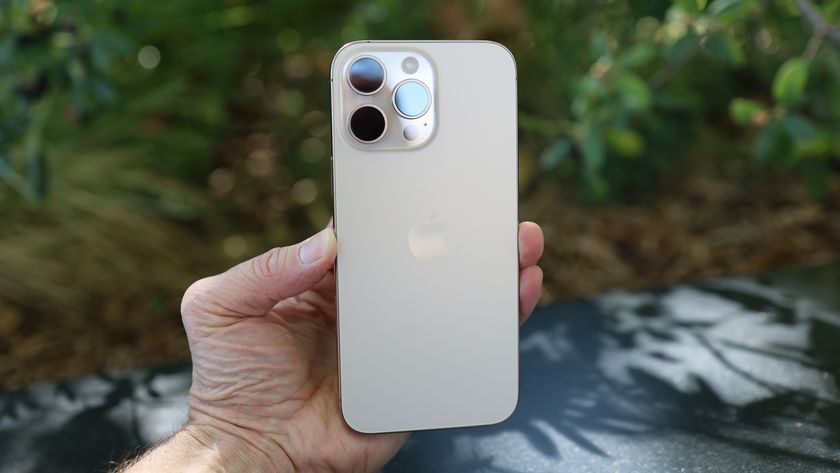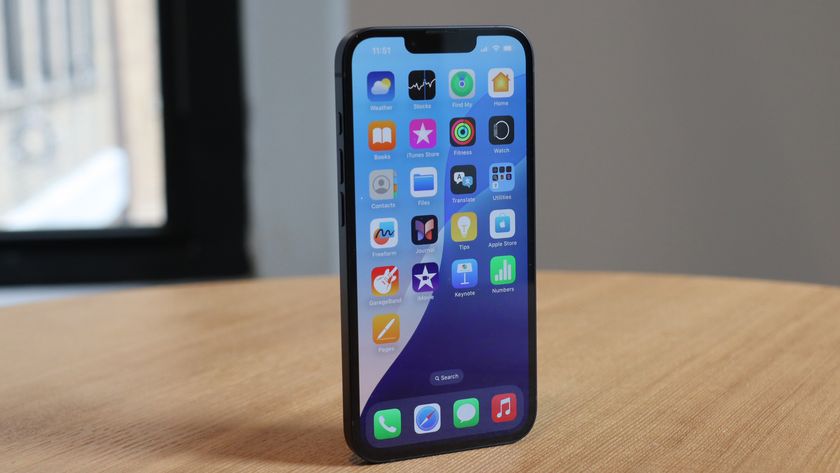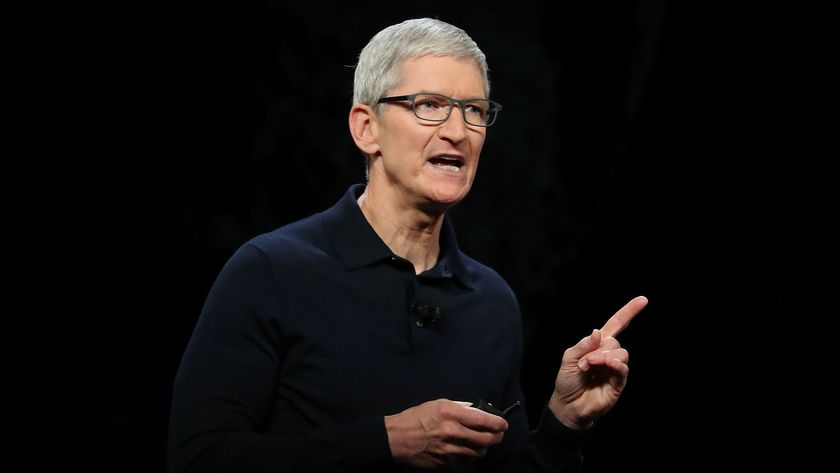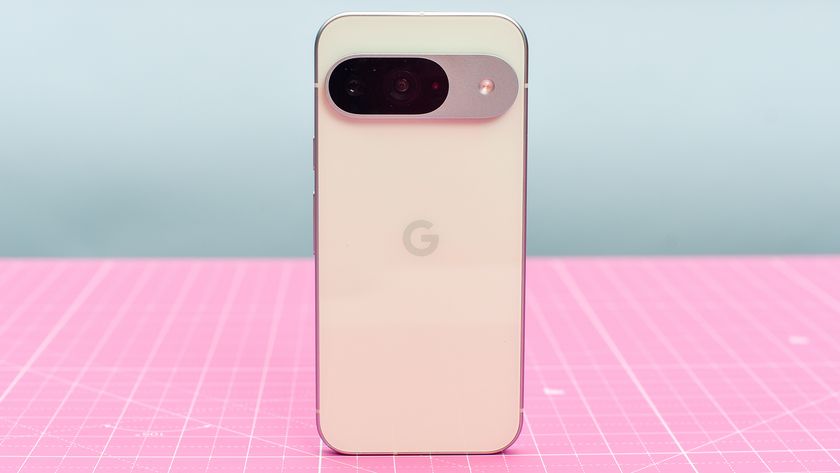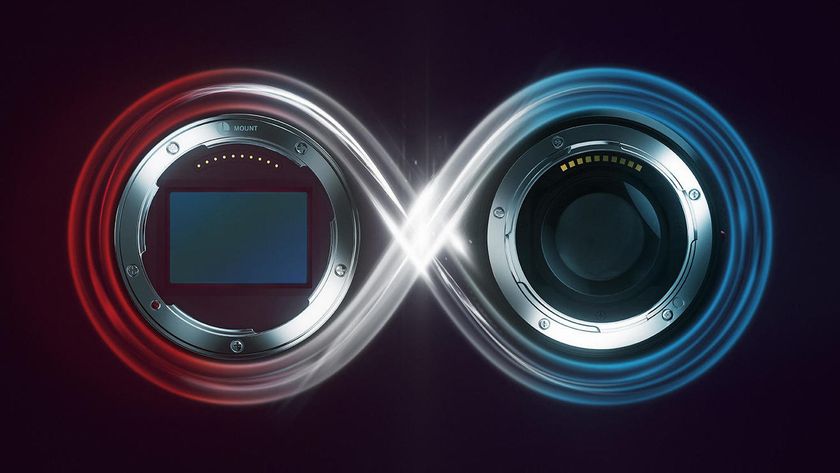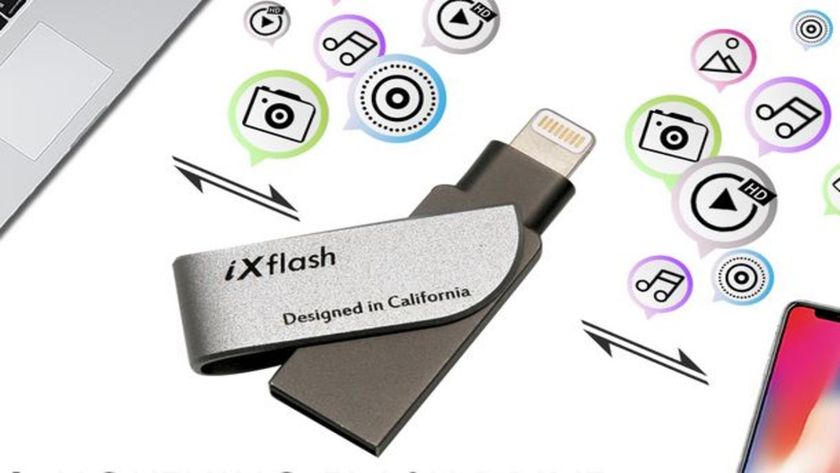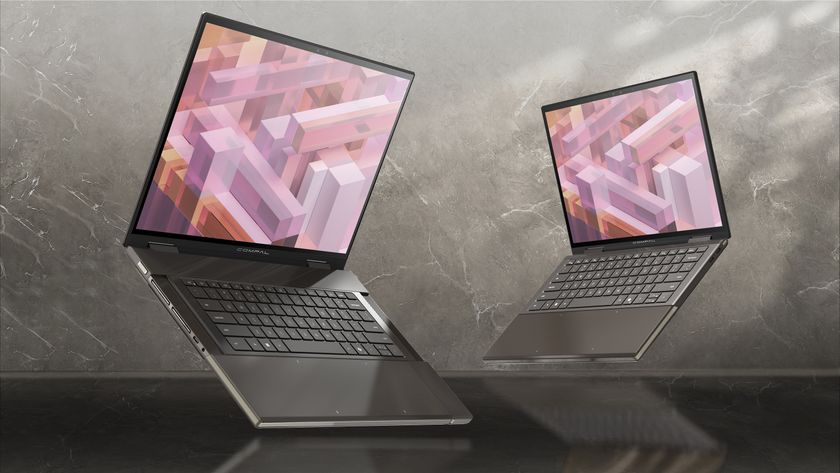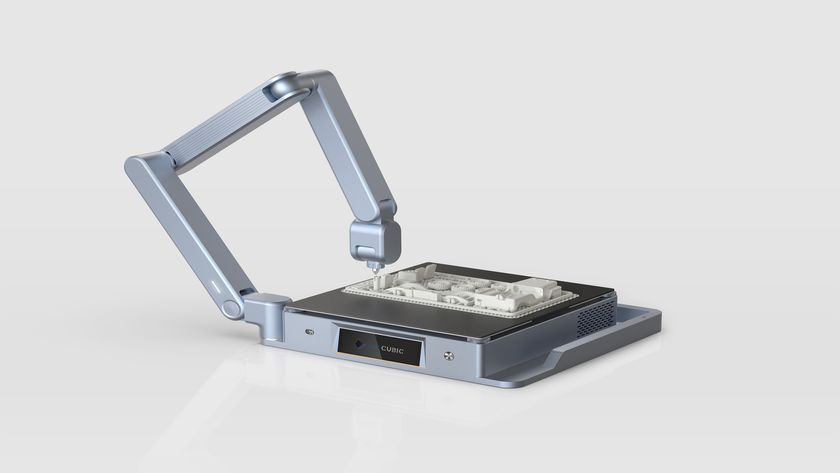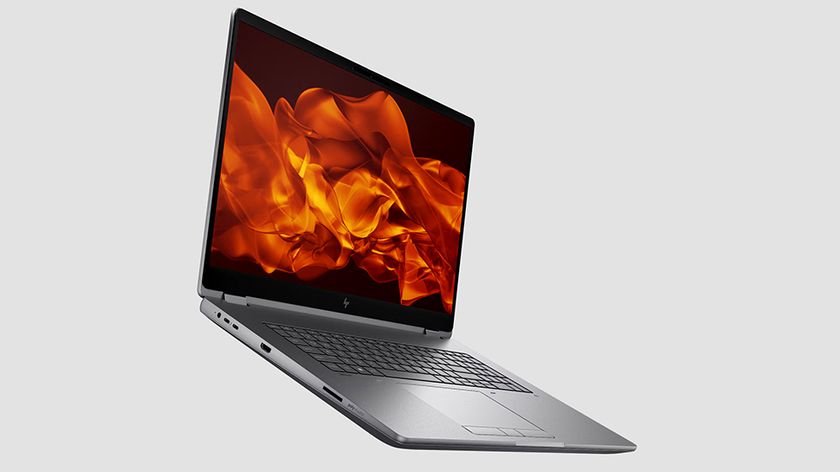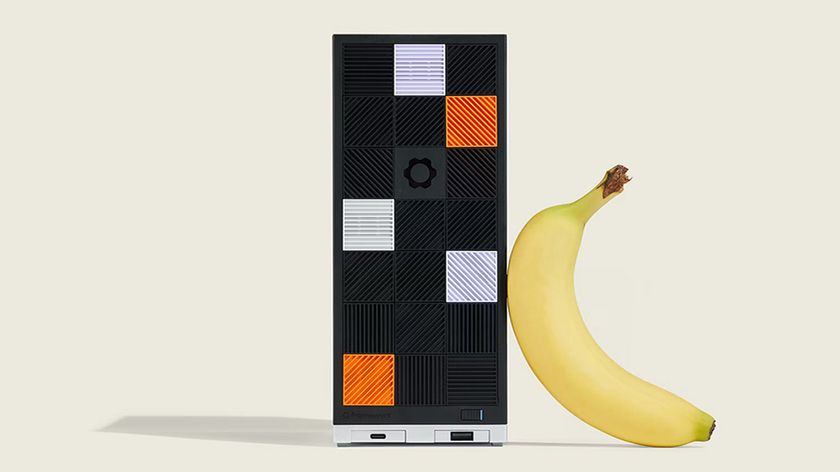Apple Intelligence isn't just a way to force you into an early iPhone upgrade, Apple claims
Apple shoots down claims that AI is powering its upgrade plan
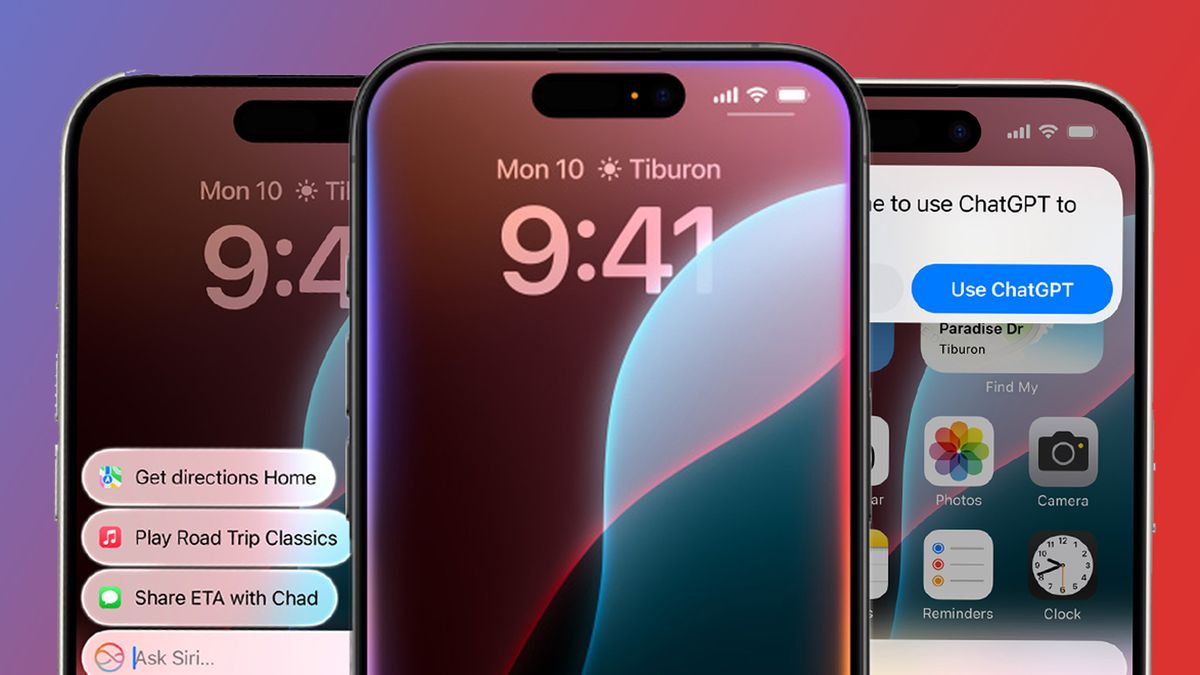
Apple Intelligence is an exciting new upgrade for iPhone, iPad, and Mac fans, but slightly less appealing is the fact that it's going to be exclusive to recent devices. That led many to suggest that Apple's take on AI is a crafty way to force us into upgrading our tech, but Apple has now shot down those theories.
In an interview with Daring Fireball's John Gruber at WWDC 2024 (spotted by MacRumors), John Giannandrea (Apple's SVP of Machine Learning and AI) said in reference to Apple Intelligence that "you could, in theory, run these models on a very old device, but it would be so slow that it would not be useful".
When Gruber asked if Apple Intelligence was simply a "scheme to sell new iPhones", Greg Joswiak (Apple's SVP of Worldwide Marketing) said, "No, not at all. Otherwise, we would have been smart enough just to do our most recent iPads and Macs, too, wouldn't we?"
That last point refers to the fact that Apple Intelligence works on iPads and Macs that have an M1 chip or later, which means it'll be available on a much wider range of devices than on iPhones. We've rounded up the full list of devices that support Apple Intelligence, which includes 16 models of Mac and five versions of the iPad.
The most likely and credible explanation for Apple drawing the line on some devices and not others for Apple Intelligence support is memory. As noted by analyst Ming-Chi Kuo, the iPhone 15 comes with an A16 Bionic chip that has 6GB of memory, while the iPhone 15 Pro's A17 Pro chip comes with 8GB of memory.
The analyst also noted that Apple Intelligence uses a 3-billion-parameter large language model that, when compressed, needs around 0.7-1.5GB of spare memory. Considering that the M1 chip surprisingly has less processing power than the A16 Bionic, that means the memory requirement theory for Apple Intelligence's device exclusivity certainly has some credence.
But it's also fair to suggest that Apple has had one eye on upgrade cycles when developing its shiny new AI feature.
Get daily insight, inspiration and deals in your inbox
Sign up for breaking news, reviews, opinion, top tech deals, and more.
Analysis: A very convenient truth
There are certainly two sides to this debate about Apple Intelligence's exclusivity. Apple's explanation that on-device AI is computationally demanding and not possible on older devices is certainly true.
John Giannandrea explained further in the interview: "So these models, when you run them at run times, it's called inference, and the inference of large language models is incredibly computationally expensive. And so it's a combination of bandwidth in the device, it's the size of the Apple Neural Engine, it's the oomph in the device to actually do these models fast enough to be useful".
The question is more about if Apple has decided to draw the line on which models can run Apple Intelligence in a "useful" way. Considering the standard iPhone 15 came out less than a year ago, it's disappointing that Apple didn't have the foresight to give it enough RAM to support its AI features. Cynics might say that was by design.
With the best phone cameras now so fully evolved that it's hard to add major new upgrades, there's also no doubt that AI is the next big poster feature to help spark a much-needed upgrade cycle. A few years ago, some studies suggested that the average iPhone upgrade time had increased from three years to four.
As the technological gap narrows between iPhones, and software support lengthens, Apple needs a new feature to convince us to trade in our old phones for new ones – and AI tricks conveniently do need a hardware boost when they're run on-device.
Whether Apple Intelligence is exciting enough for us to upgrade is another matter, but that's something we'll find out when it lands with iOS and the iPhone 16 later this year.
You might also like...

Mark is TechRadar's Senior news editor. Having worked in tech journalism for a ludicrous 17 years, Mark is now attempting to break the world record for the number of camera bags hoarded by one person. He was previously Cameras Editor at both TechRadar and Trusted Reviews, Acting editor on Stuff.tv, as well as Features editor and Reviews editor on Stuff magazine. As a freelancer, he's contributed to titles including The Sunday Times, FourFourTwo and Arena. And in a former life, he also won The Daily Telegraph's Young Sportswriter of the Year. But that was before he discovered the strange joys of getting up at 4am for a photo shoot in London's Square Mile.
